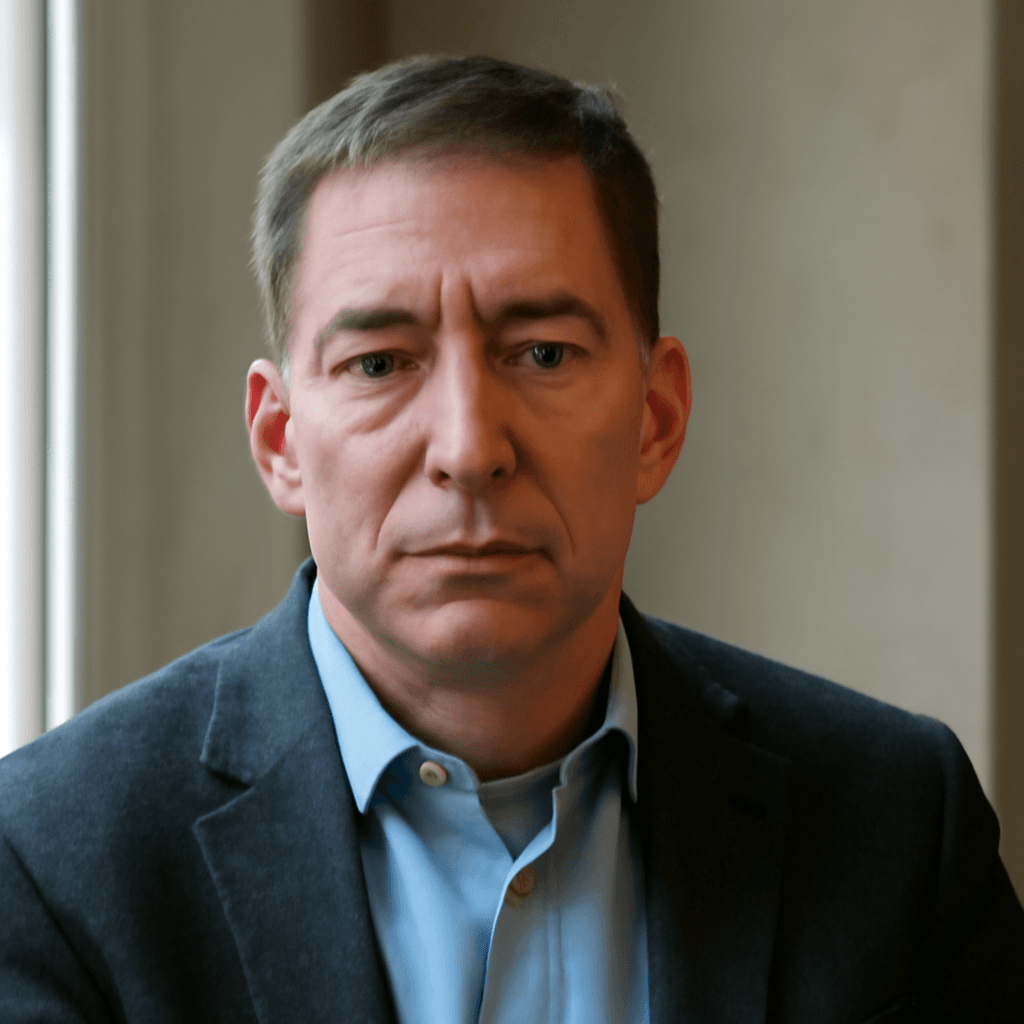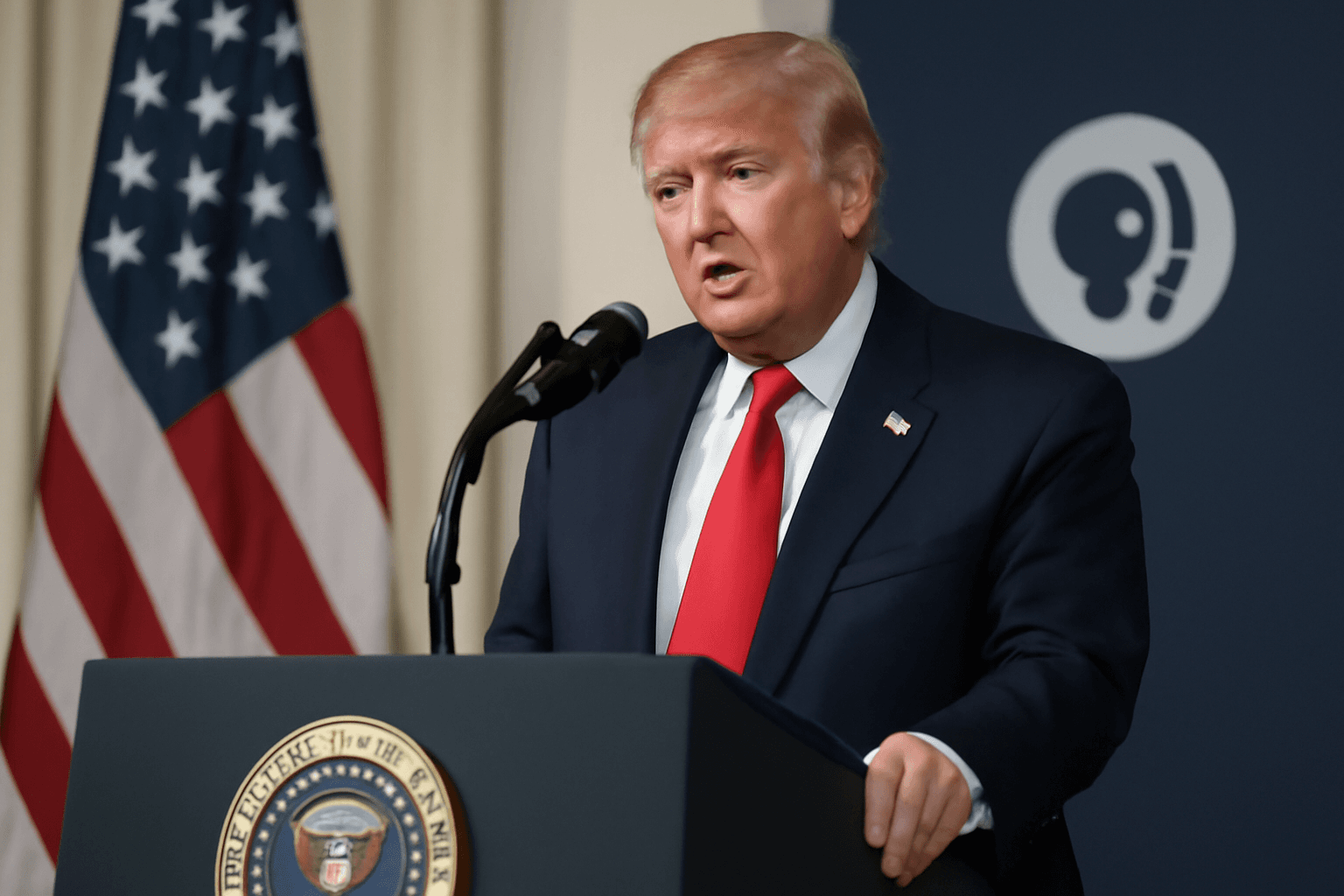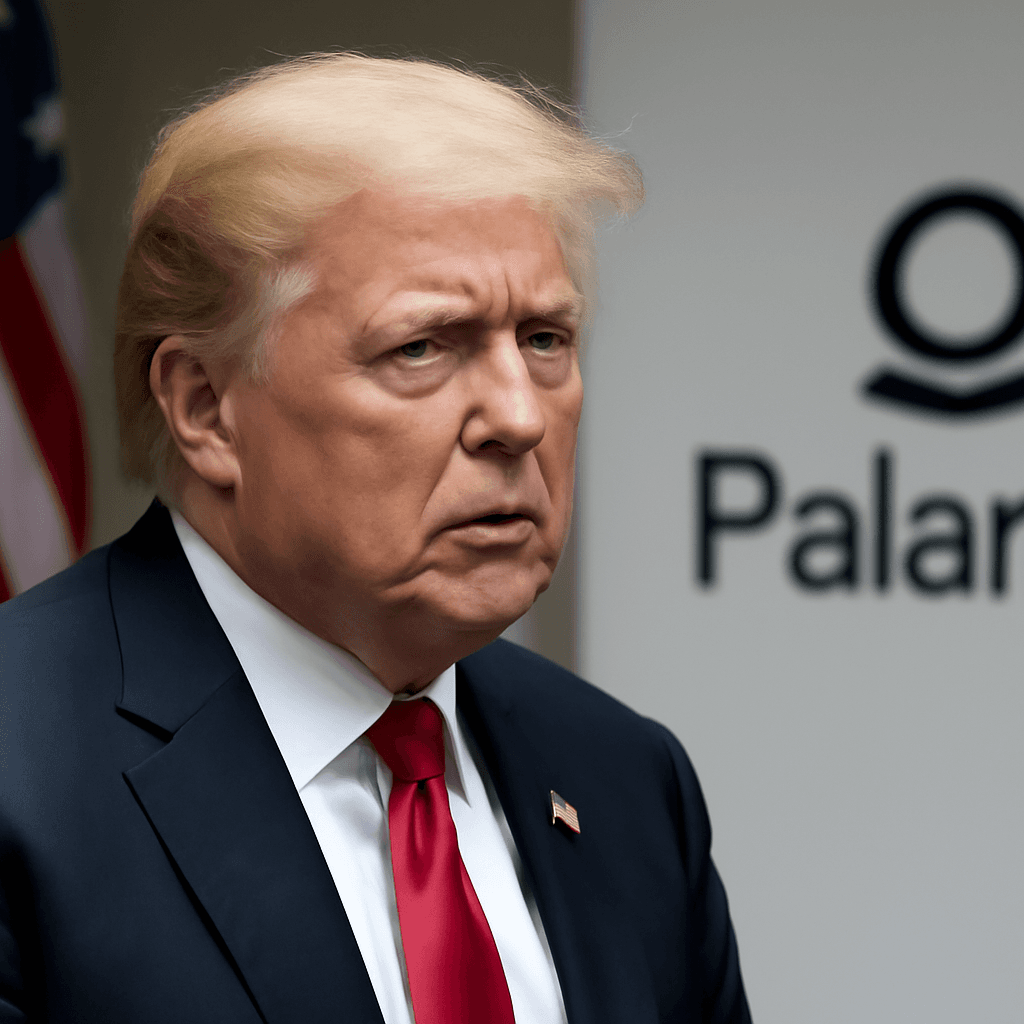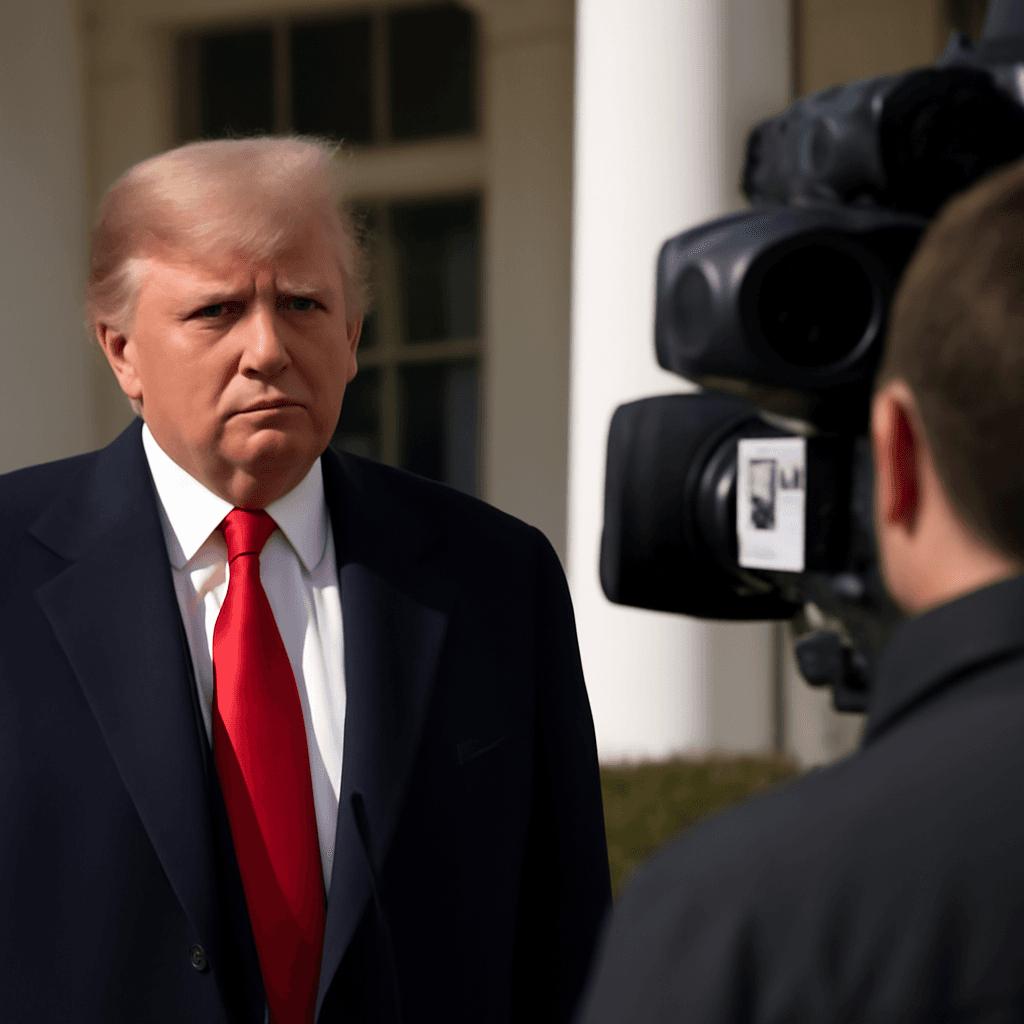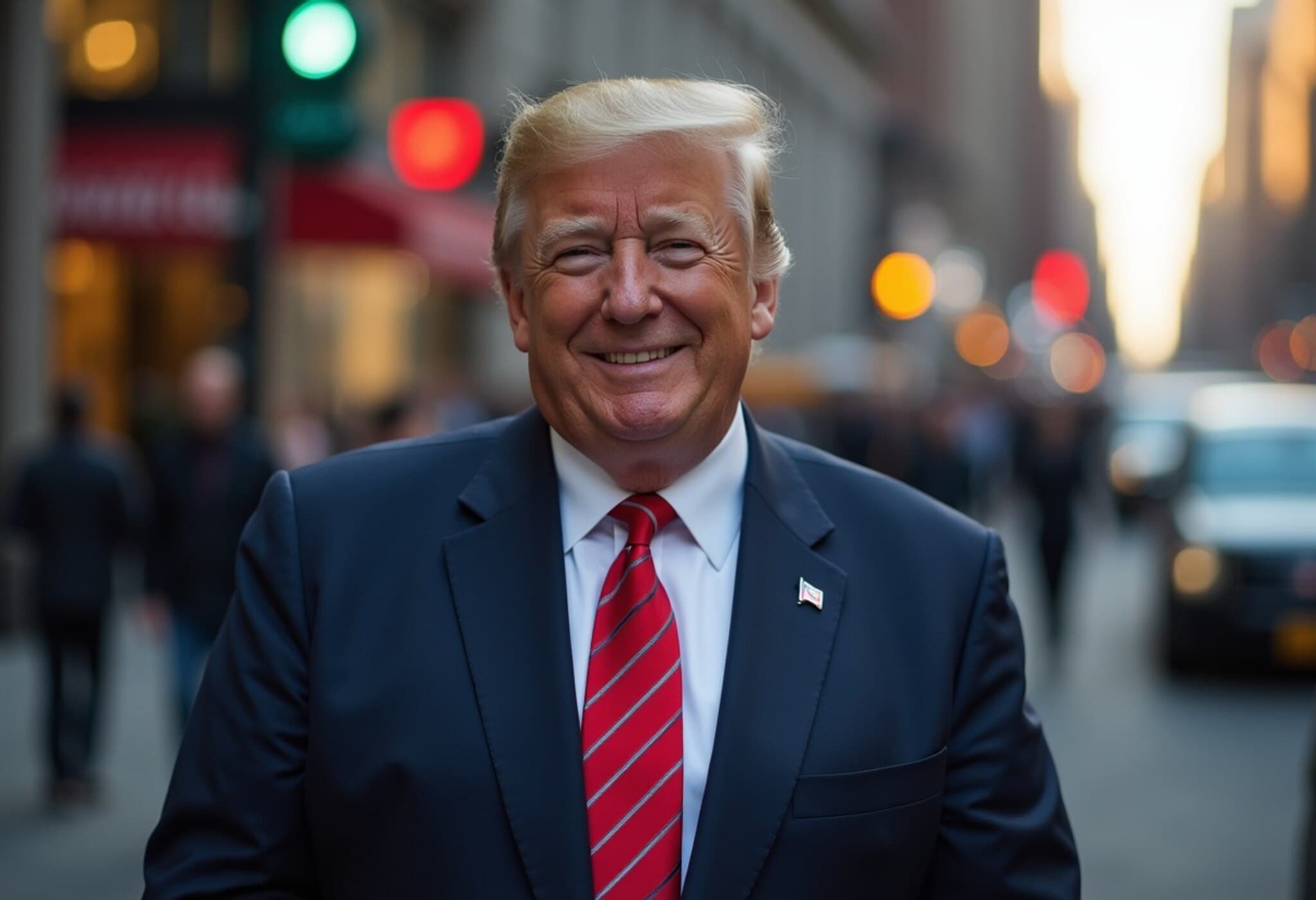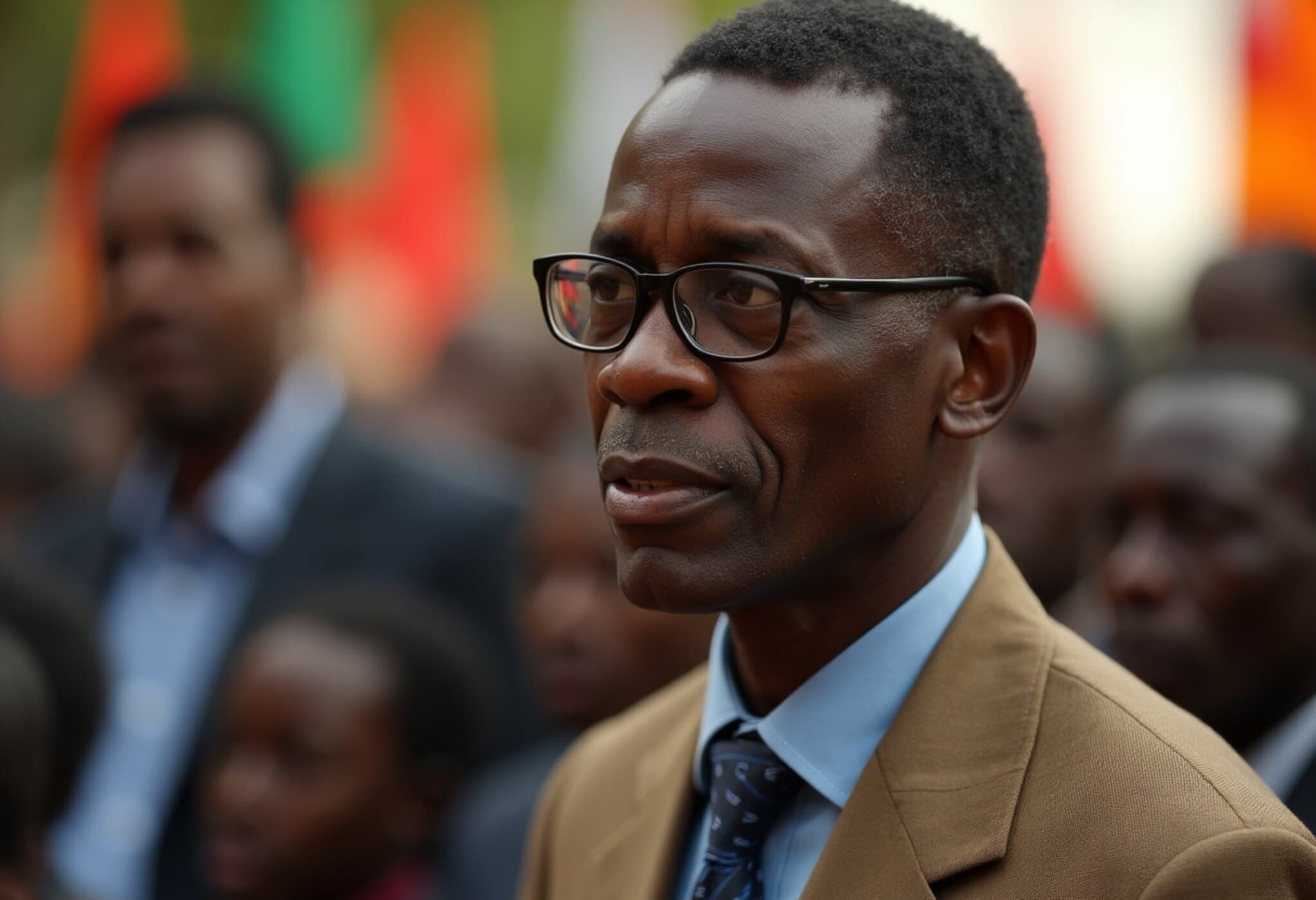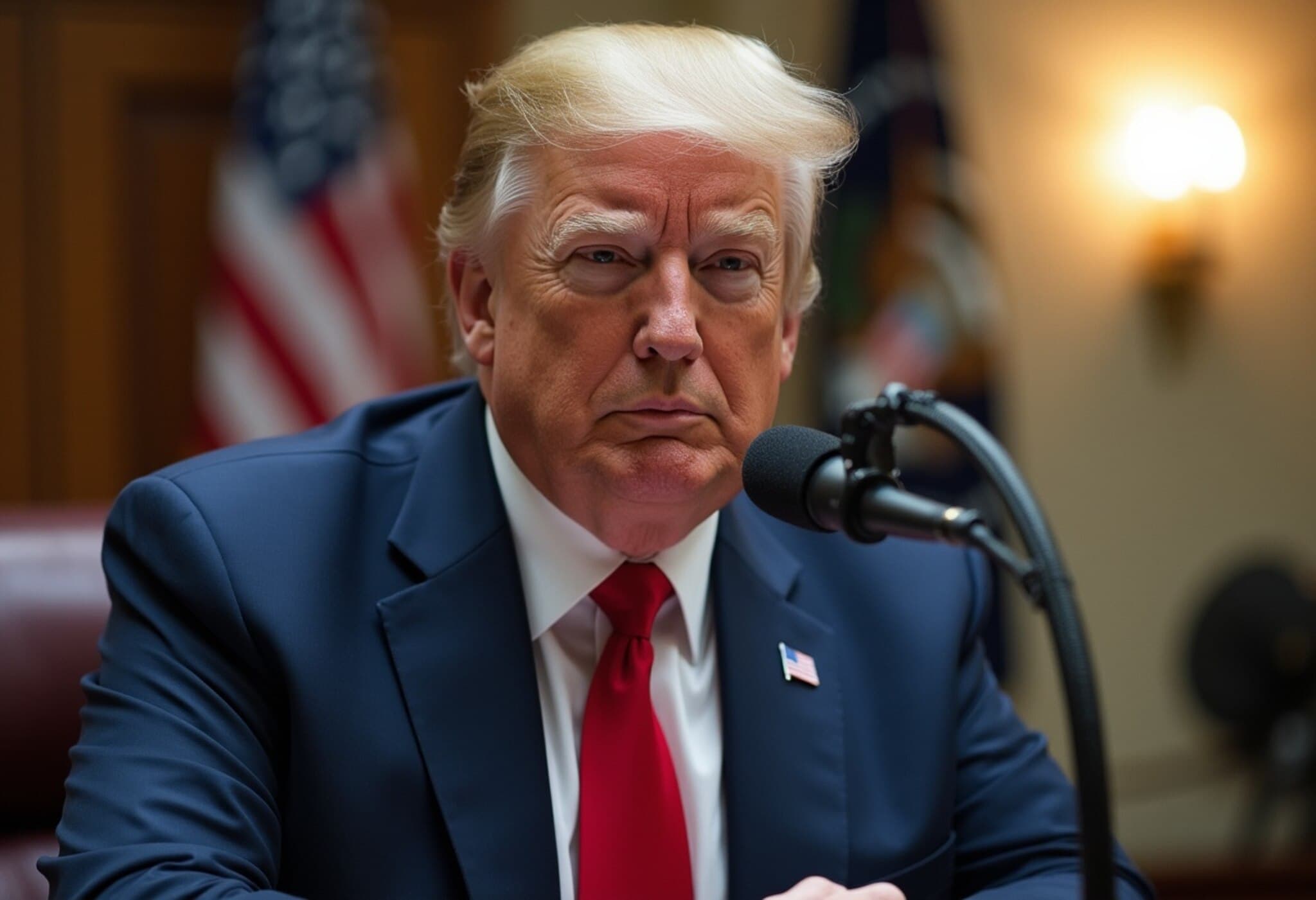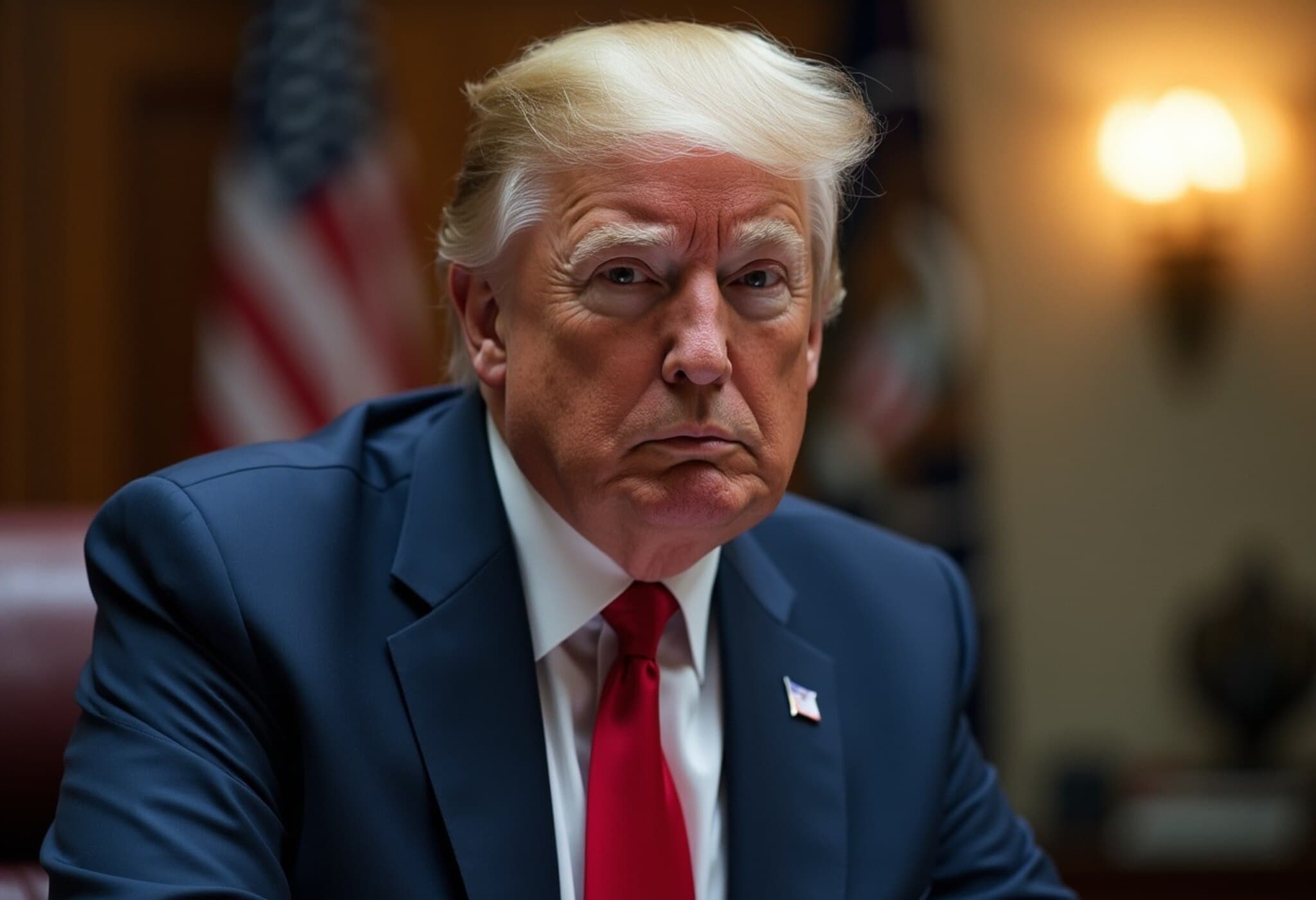Glenn Greenwald Faces Privacy Breach Amid Political Controversy
Glenn Greenwald, renowned journalist celebrated for exposing extensive U.S. government surveillance, recently confronted a significant invasion of privacy. On May 30, 2025, intimate private videos of Greenwald were leaked online without his consent. Confirming the authenticity of the footage, he condemned the leak as a politically motivated act and stood firm, emphasizing the consensual nature of the content and expressing no regret.
Despite the viral attention surrounding the videos, Greenwald stressed that the fundamental issue lies in the exploitation of personal privacy for political purposes.
The Snowden Revelations That Shaped Global Surveillance Discourse
Greenwald rose to international prominence in 2013 after publishing a series of investigative reports revealing mass surveillance programs conducted by the U.S. National Security Agency (NSA). These revelations originated from classified documents leaked by former NSA contractor Edward Snowden. The disclosures exposed the widespread collection of metadata and private communications from millions, including U.S. citizens, frequently obtained without proper warrants.
The initial report, published on June 5, 2013, detailed Verizon's compelled release of phone records to the NSA, igniting global debates on privacy rights and government overreach. Greenwald's reporting, combined with his collaborators' efforts, earned significant praise and criticism alike. In 2014, The Guardian and The Washington Post received the Pulitzer Prize for Public Service for uncovering the NSA's surveillance activities. Greenwald was also featured in the Oscar-winning documentary Citizenfour and portrayed in Oliver Stone's film Snowden.
Early Career and Independent Journalism Voice
Before the Snowden disclosures, Greenwald had already established himself as a prominent independent journalist. Launching the blog Unclaimed Territory in 2005, he tackled sensitive topics such as the Valerie Plame CIA leak and the NSA’s warrantless wiretapping. His blog earned the 2005 Koufax Award for Best New Blog.
Joining Salon in 2007 as a contributor, Greenwald continued scrutinizing critical issues, including the 2001 anthrax attacks and the contentious nomination of John Brennan for CIA Director. His opposition to Brennan, due to concerns about torture and civil liberties abuses, contributed to Brennan's temporary withdrawal from the nomination process.
Notably, Greenwald vocally supported whistleblowers like Chelsea Manning, recognizing their actions as conscience-driven, paralleling historical figures such as Daniel Ellsberg. His journalism has consistently prioritized integrity over partisan perspectives.
The Intercept Founding and Transition to Substack
In 2014, Greenwald co-founded The Intercept alongside filmmaker Laura Poitras and journalist Jeremy Scahill. Backed by eBay co-founder Pierre Omidyar, the platform focused on independent investigative journalism covering national security and political issues.
However, in 2020, Greenwald resigned from The Intercept, alleging editorial censorship related to an article critical of then-presidential candidate Joe Biden. He subsequently launched his own newsletter on Substack, enabling him to publish content free from institutional constraints. As of mid-2025, his Substack platform boasts over 324,000 combined paid and free subscribers, marking him as one of the platform’s most influential independent journalists.
Personal Life and Response to the Privacy Violation
Greenwald's personal life has often intersected with his professional endeavors. Residing in Brazil with his late husband, David Miranda—a Brazilian congressman and LGBTQ rights advocate—the couple adopted two children in 2018. Miranda passed away in 2023 due to complications from a gastrointestinal infection, profoundly affecting Greenwald.
Regarding the leaked private videos, Greenwald described the incident as a criminal violation aimed at undermining his credibility for political reasons. On social media, he acknowledged the discomfort of having private moments exposed without consent but reaffirmed that the true wrongdoing was the malicious publication itself.
Throughout his career, Greenwald has maintained a defiant and unapologetic stance in defending civil liberties and whistleblowers, a position consistent with his response to this latest personal controversy.

